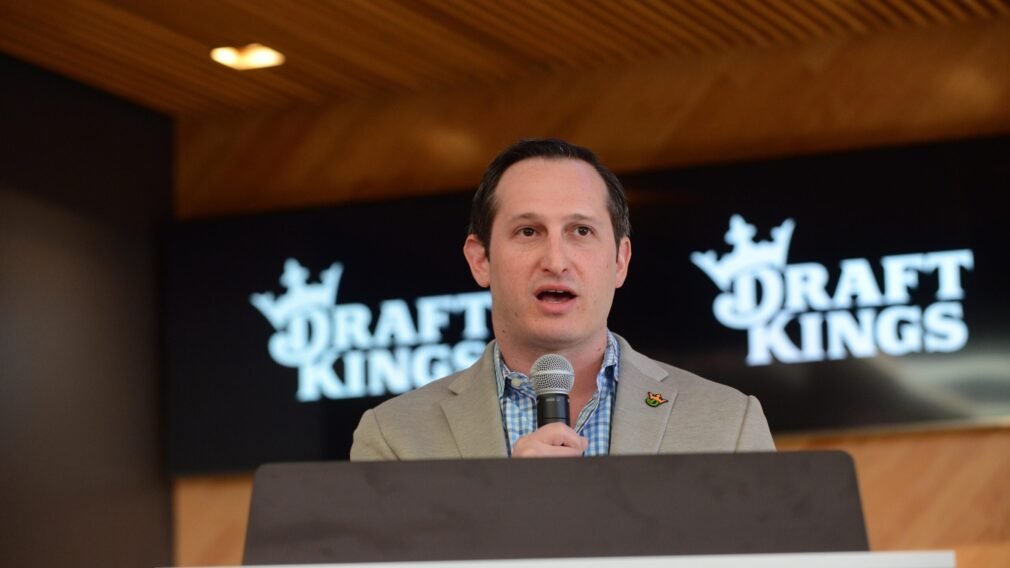DraftKings Follows FanDuel with 50-Cent Fee on Illinois Bets Due to New Taxes
DraftKings announced a 50-cent transaction fee on all Illinois online bets starting September 1, 2025, trailing FanDuel’s lead to offset a new per-bet tax.

A Fee to Counter Tax Hikes
DraftKings confirmed it will charge a 50-cent transaction fee on every mobile and online wager in Illinois, effective September 1, following FanDuel’s similar move.
The fee responds to Illinois’ new per-bet tax, effective July 1, which levies 25 cents on the first 20 million bets annually and 50 cents thereafter. “Illinois has more than tripled our tax rate,” said Jason Robins, DraftKings’ CEO, voicing frustration.
FanDuel and DraftKings, handling over 50 million bets each in 2024, face the highest tax brunt.
Illinois, a top U.S. betting market, has tightened its grip on sportsbooks. The new per-bet tax, part of a $55.2 billion budget, adds 25 to 50 cents per wager, potentially costing DraftKings $79 million and FanDuel $86 million in 2026. “This disproportionately impacts lower-wagering customers,” said Peter Jackson, CEO of FanDuel’s parent, Flutter. Both firms vow to scrap the fee if the tax is repealed.
Operators’ Strategy Shift
The 50-cent fee hits recreational bettors hardest. A $2 bet now costs $2.50, a 25% markup. “Small bettors get penalized most,” the Sports Betting Alliance stated, warning of reduced parlay appeal.
Jackson fears the fee could push bettors to offshore sites, which dodge taxes and lack consumer protections. Robins echoed this, noting Illinois’ policies “fuel the illegal industry.”
DraftKings and FanDuel, commanding 75% of Illinois’ market, aim to offset taxes by passing costs to users. DraftKings tried a similar surcharge on winning bets in 2024 but backed off after backlash.
FanDuel’s move this time paved the way. Analyst David Katz of Jefferies sees the fee as a “modest positive” for operators’ stocks, with Flutter’s shares rising post-announcement. Yet, smaller sportsbooks might avoid fees, potentially luring customers.
Risks to the Legal Market
The fee could reshape Illinois’ betting landscape. “This may motivate customers to bet with unregulated operators,” Jackson warned, noting offshore sites’ lack of oversight.
Derek Stevens, whose Circa Sports operates in Illinois, questioned the market’s viability, saying, “I don’t know if sports betting is viable.”
The Sports Betting Alliance argues the tax “destabilizes” legal betting, pushing small bettors away. In 2024, FanDuel and DraftKings paid $276 million in state taxes, but a shift to illegal platforms could shrink this.
Robert Walker, ex-Mirage director, called the tax “short-sighted,” predicting it burdens customers.
Recommended
